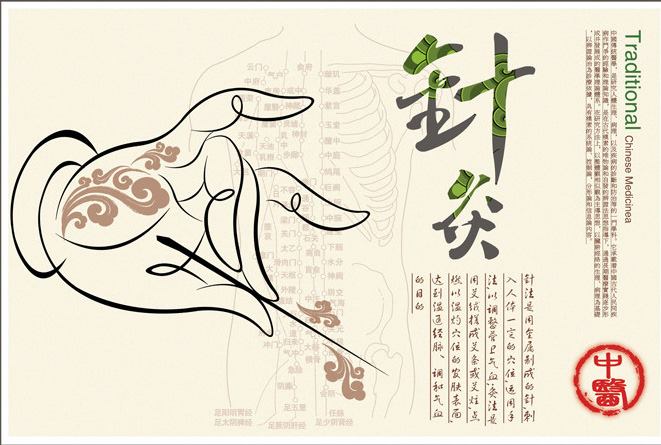
What is Acupuncture?
Acupuncture is the treatment of diseases using needles of various sizes. These needles are inserted into distinct acupuncture points of various organs of the body using the principles of traditional Chinese medicine that have been practiced for more than 4000 years.
Is acupuncture painful?
When the needle passes through the skin, you will feel a small pin prick and very slight plain. There is no blood. The needles that are used are very fine and thin. They are blunt and round at the tips and the needles are not coated with any drugs or medicated substances. Once the needle reaches deep into the correct spot, there may be a sensation of heaviness, tingling, slight ache or you may feel pain along the meridian point.
What can acupuncture treat?
Acupuncture is used to treat the following conditions:
- various pains and aches such as back pain, neck pain, shoulder pain, knee pain, migraine, menstrual cramps
- paralysis, disability
- allergies, chronic cold, asthma
- stress, insomnia, anxiety, depression
- skin diseases such as acne, melasma, hair loss, rashes
- Alzheimer’s, Parkinson’s disease
- diseases related to the digestive system and intestines such as constipation, diarrhea, hiccups, chronic abdominal pain
- high blood pressure
- weight loss or weight gain
- drug addiction, alcoholism, smoking
- sexual dysfunction, menopause, andropause (male menopause)
- Other diseases which the physician will recommend on a case by case basis
The World Health Organization (WHO) has recognized and accepted the use of acupuncture for the treatment of diseases and relief of pain and has made the following announcement:
- The treatment has shown especially significant results in:
- Pain : Chronic pain in the neck, shoulder, elbow, spine, waist, knee, rheumatoid arthritis, sprain, menstrual cramp, gallstone pain, headache arising from stress or premenstrual syndrome, pain from other causes, pain from urinary tract infection, neurological pain, facial pain, back pain, postoperative pain, migraine, depression.
- General condition paralysis and side effects from brain diseases, high blood pressure, sexual dysfunction, allergies, asthma, anxiety, insomnia, lockjaw, morning sickness, nausea, ending drug addiction.
- The treatment has shown beneficial results in the treatment of acute or chronic pain in the throat (tonsillitis), dizziness caused by fluid retention in the ear, digestive disorders caused by stress.
- The treatment has shown effective results in the treatment of constipation, diarrhea, infertility in both men and women, hernia, urinary incontinence, sinusitis, lack of breast milk in breast-feeding women.
How often will I need acupuncture treatment?
You must receive acupuncture treatment twice a week. 10 sessions or 5 weeks are usually the norm, or as recommended by your physician.
During acupuncture treatment and while needles are being activated, patients may feel drowsy as it may stimulate the secretion of endorphins from the body. This substance has an analgesic and soothing effect and helps in reducing pain. After several treatment sessions, patients will notice that they fall sleep easily and soundly and that they feel more refreshed and vivacious than before.
Survey has shown that most Americans resort to acupuncture treatments to rejuvenate their body and mind even though they are not suffering from any pain or illness. This is probably due to the beneficial and stimulating results that acupuncture provides to their health and well-being.
Safety precautions for acupuncture
Acupuncture should not be used on the following people:
- People who suffer from anxiety and panic attacks
- People who tire easily from exercise
- Pregnant women, especially when they are close to delivery
- Patients who suffer from blood disorders (such as coagulation) or a bleeding disorder (such as hemophilia)
- Infants; patients suffering from a psychiatric disorder and are unable to cooperate during the treatment
- Heart patients who are fitted with a pacemaker must not receive electrical acupuncture treatment as it will interfere with the pacemaker, causing irregular heartbeat (arrhythmia)
- Patients with underlying diseases or those taking regular medication. Such patients must inform the physician prior to treatment
